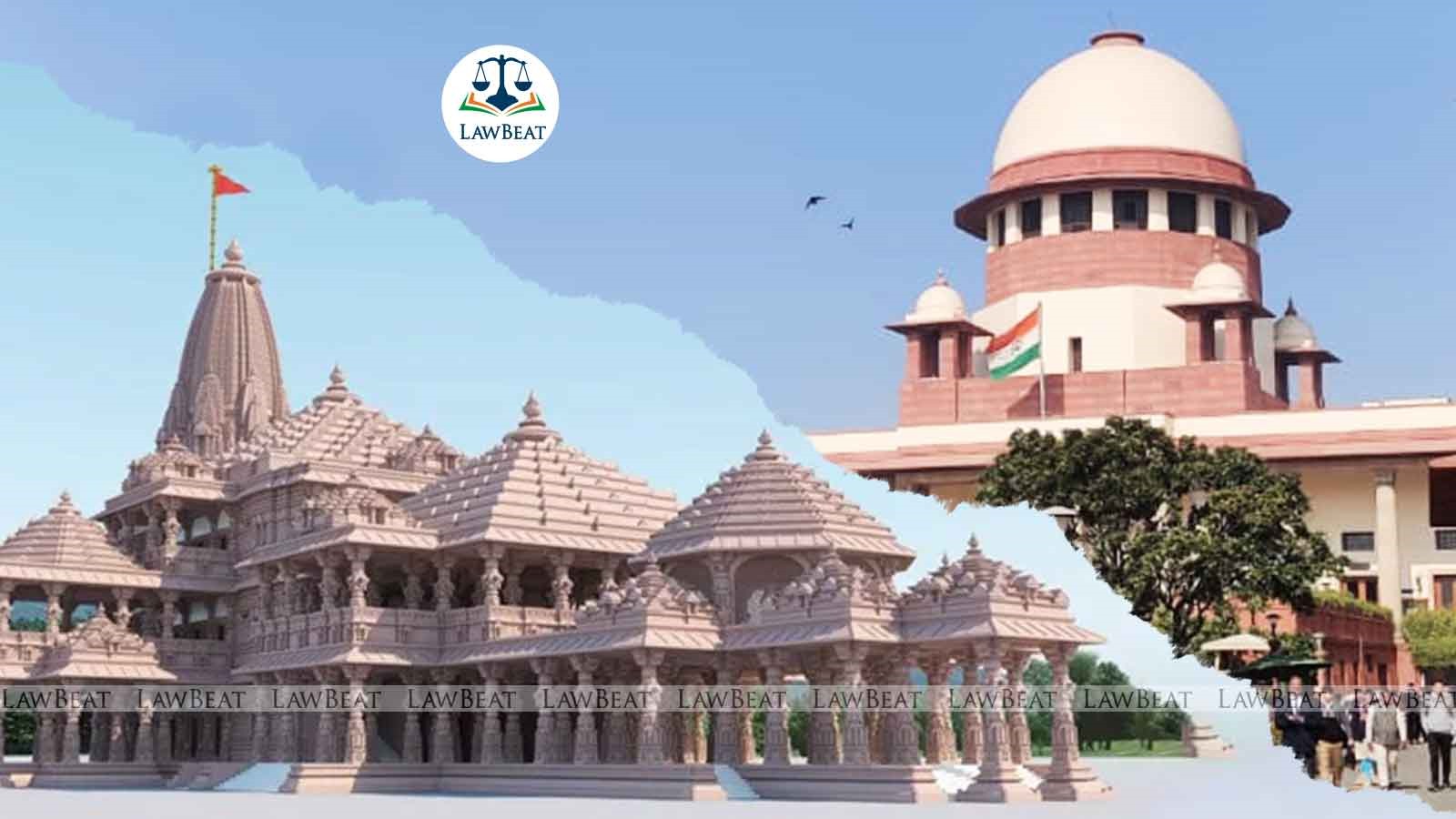After Madras HC orders, 248 pleas for events to celebrate Ram Temple consecration day allowed, TN DGP tells SC

In response to the apex court's notice on a writ petition, the DGP called the contents of the plea, particularly assertions against Tamil Nadu Chief Minister, as "derogatory" and also accused the petitioner of portraying the Tamil Nadu Government as a "Anti-Hindu Government which is totally false and condemnable"
The Tamil Nadu's Director General of Police has told the Supreme Court that while it had earlier permitted 'Bhajan' and special 'puja' on consecration day of Ram Temple at Ayodhya on January 22 only at four places and rejected all applications of live telecast of the event, but after the Madras High Court's orders on January 22, it had allowed such programmes at 248 places and denied permission only at 36 places across the state due to law and order issues.
On January 22, the Madras High Court as well as its Madurai bench had passed orders on writ petitions questioning the state government's oral orders to prohibit any events like Processions, Bhajans, Annadhanams, Live streaming through LED screens in Public places, Live streaming in and around private temples.
In response to the apex court's notice on a writ petition, the DGP called the contents of the plea, particularly assertions against Tamil Nadu Chief Minister, as "derogatory". He also accused the petitioner of portraying the Tamil Nadu Government as a "Anti-Hindu Government which is totally false and condemnable".
On January 22, the Supreme Court had taken a strong view of the Tamil Nadu government claim that it has rejected applications for live telecast of the event and other functions of celebrations as other communities lived nearby.
Responding to the apex court's notice on a writ petition filed by Vinoj, the DGP said processions were allowed at 15 places and applications in this regard for 10 other places were rejected. Likewise, 22 live streaming applications, earlier rejected, were allowed at six places after the High Court's order.
On Monday, a bench of Justices Sanjiv Khanna and Dipankar Datta granted time to Tamil Nadu's Additional Advocate General Amit Anand Tiwari for filing an affidavit to the plea, which claimed violation of fundamental rights of the citizens by denial of such programmes due to oral instructions issued by the top constitutional functionary in the state.
The DGP's affidavit, said that before the High Court's orders out of the 288 applications, four were permitted, 146 were rejected and 138 were kept pending. However, later 248 further applications were allowed and 36 were rejected.
Police chief's affidavit also said the petitioner had approached this court under an illusion and on false interpretation of reality. "He has come with imaginary claims and has challenged a non-existing order. This Writ Petition has to be dismissed in limine because it is politically motivated and filed without any legal grounds," it said.
The reply has also claimed the petitioner has "utilised nine paragraphs to defame the Hon'ble Chief Minister of Tamil Nadu and to criticise the actions of the Government".
"The contents are totally unwarranted and are derogatory against the Chief Minister of Tamil Nadu. The petitioner has portrayed the Tamil Nadu Government as a Anti-Hindu Government which is totally false and condemnable," it said.
Cause Title: Vinoj vs. Union of India
